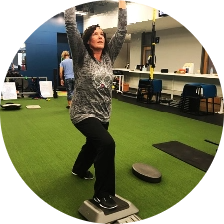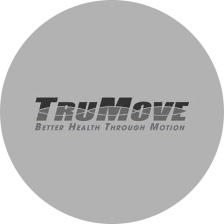Blog
5 ways to improve your sleep
January 31, 2024
Unlocking the secret to a good night’s sleep isn’t just about feeling refreshed in the morning; it plays a pivotal role in injury recovery and overall well-being. In this blog post, we delve into the top five strategies to enhance your sleep quality, exploring how adequate rest contributes to a faster, more effective recuperation from …
Achieving Your New Year’s Resolutions: Leveraging Resources for Success
January 2, 2024
Hello, 2024! Let’s talk New Year Resolutions & our FREE resources to help you achieve your goals. New Year, New You! It’s that time when resolutions are made, but often, keeping them becomes the real challenge. Don’t worry; achieving your goals is within reach, especially with the right resources and guidance at your disposal. Setting …
Continue reading “Achieving Your New Year’s Resolutions: Leveraging Resources for Success”
Joyful Indulgences: Our Guide to Holiday Feasting
December 5, 2023
The holidays bring a whirlwind of joy, love, and, let’s admit it, an abundance of delicious food. It’s that time of the year when cozy gatherings and sumptuous meals take center stage. While it’s tempting to indulge in all the festive treats, finding a balance between savoring these delights and nurturing your health with whole …
Continue reading “Joyful Indulgences: Our Guide to Holiday Feasting”



 Overland Park
Overland Park












